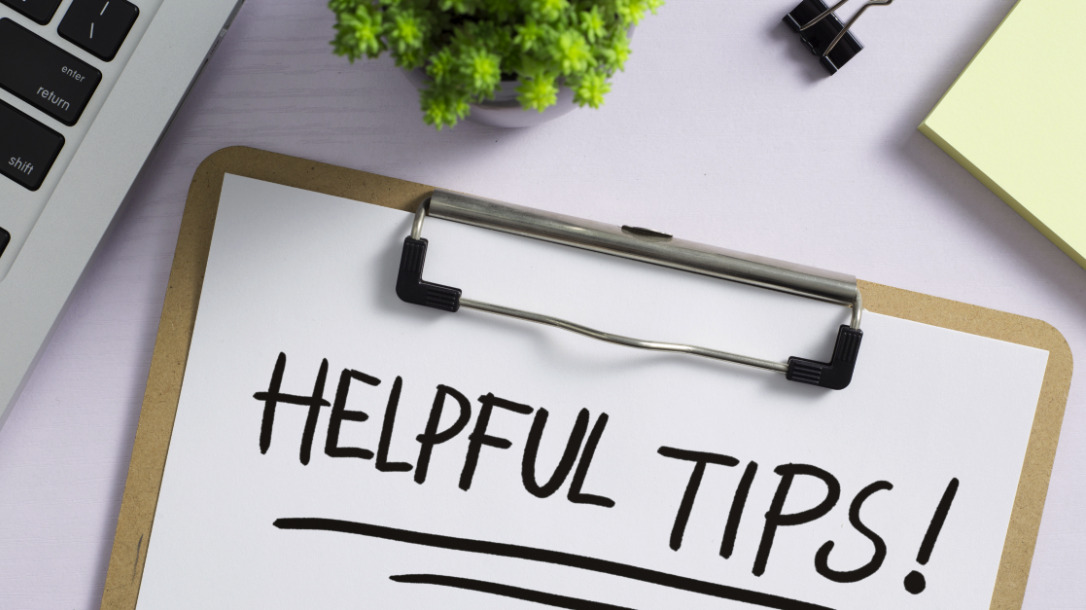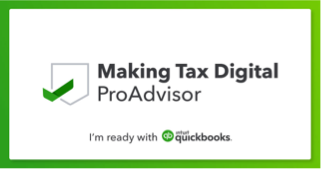Testimonials
[testimonial author]

Rated 5.0 on Quickbooks ProAdvistor

800+ Likes on Facebook

As a Limited company you’re probably looking for ways to minimise your tax liability and maximise your profits. This can help to improve your cash flow whilst knowing you don’t have to hand over as much of your hard earned profits to the tax man, always a great feeling!
In this blog we will look at ways you can do this.
Be aware of allowable expenses
Many businesses fail to understand exactly what they can and can’t claim for when it comes to tax deductible expenses. The one thing you don’t want to be doing is claiming for things which aren’t allowable. If you do this and you’re investigated you could be hit with a hefty fine. To avoid this, it’s important to understand what HMRC class as an allowable expense. You may be surprised that you’re missing out on vital expenses. Here are a number of examples of what is classed as tax deductible;
1. The costs of forming your limited company – professional fees incurred during registration
2. Premises costs – utility bills, rent, business rates etc
3. Directors and employee salaries and other staffing costs, including recruitment expenses
4.Cost of stock and raw materials
5. Administrative costs – stationery, phone and internet, computer software
6. Travel and accommodation for business trips (NOT commuting)
7. Accountancy fees
8. Advertising and marketing costs
9. Business entertainment isn’t usually an allowable expense for tax purposes. But you can host a social event for your staff and claim it as a business expense, as long as the cost doesn’t exceed £150.00 per person, and it’s an annual event (like a Christmas Party) that’s open to all staff.
This list is not exhaustive and we advise getting professional advice.
Doing your bit for charity
Most businesses choose a registered charity to give donations throughout the year. If you do this, providing it’s money earned by the business and the charity is registered then the donation is classed as a tax deductible expense. The great thing about this is you’re doing something good for others, whilst saving money on your tax bill.
Account for Capital Allowances
Capital allowances are a form of tax relief that allow businesses to deduct the cost of certain capital assets from their taxable profits. These assets typically include tangible assets like machinery, equipment, vehicles, and sometimes even buildings. The purpose of capital allowances is to provide businesses with tax relief for the wear and tear or depreciation of these assets over time.
R&D (Research & Development) Tax Credits
R&D Tax Credits are a tax incentive provided by HMRC to encourage businesses to invest in research and development activities. This scheme is designed to stimulate innovation, technological advancement and economic growth by reducing the financial burden associated with R&D expenditures. If you’re eligible to receive these, they can significantly reduce your tax liability.
How you pay yourself and other shareholders
If you’re wise about how you pay yourself and your shareholders you may be able to reduce your tax bill. The reason for this is that if you receive dividends then the tax rate is lower, so by choosing a salary alongside dividend payments you may be in a better position when it comes to paying your tax.
Pension Contributions
If you pay into a company pension then this is classed as a tax deductible expense. Not only are you saving money on your tax bill but you’re also saving for your retirement at the same time!
Do you have employees?
If so then you may be eligible for employment allowance which can reduce your National Insurance contributions.
You can find out more about eligibility here:
If you implement Employee Share Schemes, this can provide tax benefits to both the employer and the employee, providing the share scheme is one of the following:
– Share Incentive Plan
– Save As You Earn (SAYE)
– Company Share Option Plan
– Enterprise Management Incentive (EMI)
Corporation Tax rate
The standard rate of corporation tax is 25%. If your profits are £50,000 or less then you will only pay 19%. If your profits are between £50,000 and £250,000 you may be entitled to marginal relief. It’s best to speak to a finance professional when it comes to the rates you will pay and your entitlement to the marginal relief.
Losses
If your business has made losses over previous years then you can use this to your advantage by offsetting your taxable profits for future years and therefore reducing your tax liability. This process can get quite complex so get in touch and we can discuss this with you.
Annual Investment Allowance (AIA)
Do you purchase plant or machinery? If so then you may be able to deduct the full cost of these purchases from your taxable profits depending on if they qualify for AIA.
There are many ways we can reduce your tax bill so why not get in touch today?
It’s always best to seek advice from a professional to ensure you’re making the right decisions for your business and making the most of every opportunity you can to maximise your profits by reducing your tax liabilities. Remember HMRC are often making changes to their rules and regulations, so it’s best to remain compliant.
[testimonial author]

Rated 5.0 on Quickbooks ProAdvistor

800+ Likes on Facebook
Ready to feel more in control of your finances?
Book a free, no-obligation discovery call today and find out how we can help.
Tel. 01691 674792
Email. info@kcaccountancyservices.co.uk


